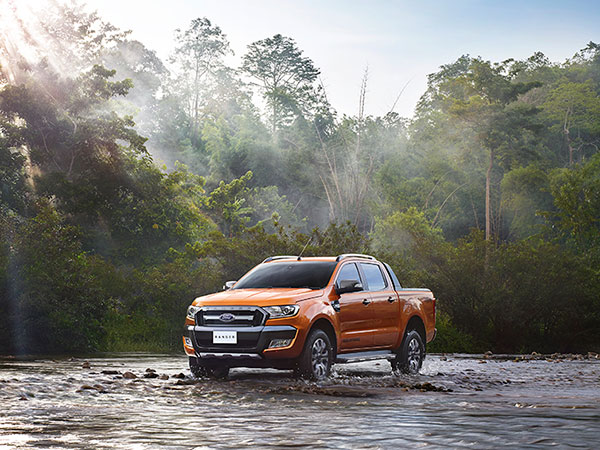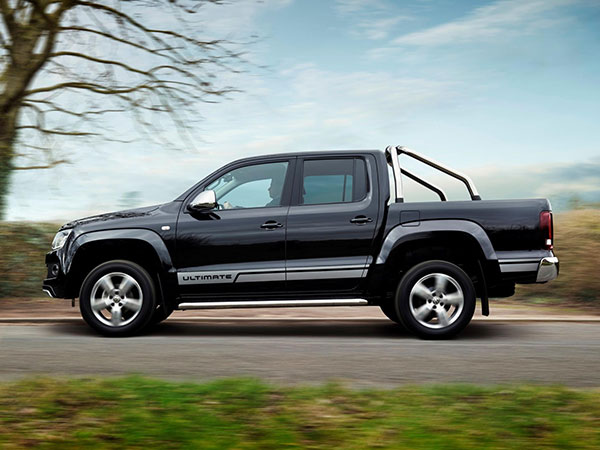

Amarok. Mahindra. Brabus Mercedes G63 AMG 6×6. Intriguing-sounding things, right? That’s because you can’t have them.
In the 47 years since President Lyndon B. Johnson left office, the U.S. pickup truck market has remained an impenetrable domestic fortress. But a new free-trade deal signed by President Obama could upset that balance.
The “chicken tax”—a 25-percent tariff on imported trucks and vans levied in response to a European tariff on U.S. chicken exports—has been in effect since 1963. While it succeeded in shutting out European models, Japanese automakers continued paying the tax with imported pickups until they got wise in the Eighties, migrating final-assembly duties to U.S. factories, which dulled some of the tax’s impact.

But there’s no question the protectionism worked: Toyota and Nissan, major pickup players elsewhere in the world, sell a tiny fraction of the trucks and vans that Chrysler, Ford and General Motors move in the U.S.
The Trans-Pacific Partnership (TPP), a treaty signed by 12 countries including Japan, aims to phase out this tariff within 20 to 30 years—again, 20 to 30 years—and cut the normal 2.5-percent import tariff the U.S. levies on all foreign-made cars. It would also reduce the amount of parts automakers need to build within certain countries to qualify for duty-free status. Since the Nineties, the North American Free Trade Agreement (NAFTA) has mandated that 62.5 percent of a car’s parts must be made within Canada, Mexico or the U.S. to be traded freely among those countries. For the TPP, that parts content could be as low as 45 percent.

This revision has sparked opposition by the United Auto Workers union, which claims the TPP could dangle a larger incentive for automakers to build parts and vehicles outside the U.S., where parts and labor costs would be lower. The treaty is currently under review by Congress.
Basically, given the timeline phaseout of the taxes, we shouldn’t expect to see any foreign-made pickups and vans on our shores until 2035 or even later. All this is to say: Our truck market isn’t going to rapidly change, unless more automakers build their vehicles here.
Kind of LBJ’s point all along, right?